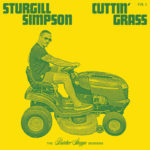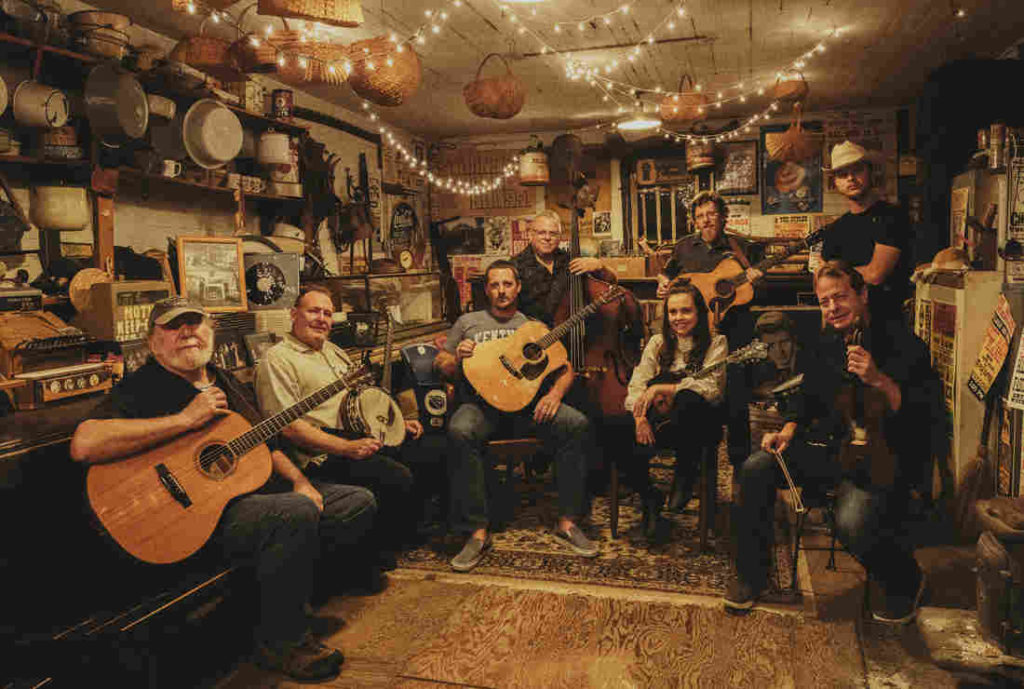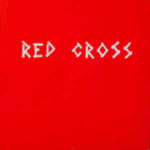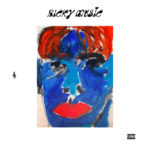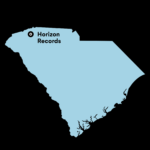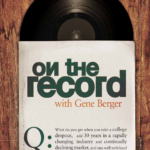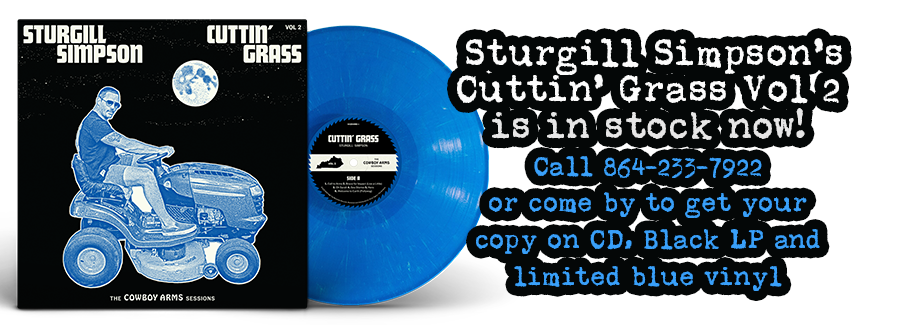
 In the first, anonymous year he lived in Nashville, STURGILL SIMPSON would head out from his ugly apartment to the Station Inn every Sunday night and play bluegrass. A Kentucky kid, Simpson had avoided the music growing up despite his grandfather’s proselytizing, preferring electric guitar buzz. But as he struggled in a city where music-industry conformity often seemed to taint the water, he found that bluegrass — a music that’s both rule-bound and wild, peaceful and room-wrecking — was as paradoxical and endlessly interesting as he hoped his own songs could be.
In the first, anonymous year he lived in Nashville, STURGILL SIMPSON would head out from his ugly apartment to the Station Inn every Sunday night and play bluegrass. A Kentucky kid, Simpson had avoided the music growing up despite his grandfather’s proselytizing, preferring electric guitar buzz. But as he struggled in a city where music-industry conformity often seemed to taint the water, he found that bluegrass — a music that’s both rule-bound and wild, peaceful and room-wrecking — was as paradoxical and endlessly interesting as he hoped his own songs could be.
Fifteen years later, Simpson has followed his zigzagging muse through one of the 21st century’s most fascinating musical careers. He’s rewritten country’s rulebook, explored psychedelic rock and almost-heavy metal and gained a fervent audience doing the opposite of what Nashville’s establishment thought he should do. A look back is in order. He offers just that on the just-released CUTTIN’ GRASS, VOL. 2 (THE COWBOY ARMS SESSIONS), out NOW on LP, CD and special indie-store only blue vinyl (while it lasts) from his own label, High Top Mountain Records. (Get your copy HERE)

On this album, the companion piece to last December’s first volume (available HERE), Sturgill Simpson isn’t just fulfilling a promise to fans to cut a bluegrass record, he’s finding and settling into the next phase of his career, which is as a full-blown bluegrass musician. Simpson saved his most personal songs for Cuttin’ Grass, Vol. 2 (The Cowboy Arms Sessions), whether it’s the multiple songs from his Grammy-winning 2016 album A Sailor’s Guide to Earth that he wrote for his first-born son like “Brace for Impact (Live a Little),” “Sea Stories,” and “Welcome to Earth (Pollywog),” or the song about his wife “Sarah” which first appeared during Sturgill’s Sunday Valley era, or the song “Hero” about his grandfather that appeared on Sturgill’s first solo record, High Top Mountain.
This gives the moments of Vol. 2 an emotional weight that renders it more reverberative than just a regular reinterpretation of old catalog material. The first eight songs tell a story, and the acoustic nature of the approach allows you to focus more on what the songs say compared to their original recordings. There is also a more compositional element to this second volume, beyond allowing the pickers to noodle a little more. The way some songs start off slow and sparse, and build into something more just makes the approach feel more purposeful.
From tracks 9 to 12, Sturgill takes care of some unfinished business. Along with including a recorded version of the song “Tennessee,” which some hardcore Sturgill fans will recognize from old YouTube clips, Simpson revitalizes the song “You Can Have The Crown,” which he’s been openly hung up on for years, even though it’s a fan favorite. Feeling like it was less than a favorable write, it’s been retired from the Sturgill repertoire for some time. Being willing to re-record the song signals once again that Sturgill has turned a leaf here lately, and is willing to let go of some of his anger and apprehension, and not be so uptight about every little thing. And rhyming “Bronco” with “Mongo” in a reference to the movie Blazing Saddles, and singing about how he’s finally out of his record deal, it gives us a good reasoning behind the new turn of mood and perspective.
Cut at “Cowboy” Jack Clement’s infamous Cowboy Arms Hotel and Recording Spa in Nashville that has survived countless rowdy sessions, the passing of “Cowboy” Jack himself, and a devastating fire a few years ago, it sees the wonder pickers from the first round of bluegrass recordings reprising their roles, now affectionately named the “Hillbilly Avengers”—that being Stuart Duncan, Mike Bub, Sierra Hull, Scott Vestal, Tim O’Brien and Mark Howard. Somehow, they seem to elevate their game on Vol. 2 from the already-outstanding performances on Vol. 1 as well.
Sturgill Simpson made history when he was nominated this year by the Grammy Awards for Best Rock Album (Sound & Fury), after being nominated and winning for Best Country Album (A Sailor’s Guide to Earth)—the first artist to grace both of those categories. Now he’s likely to add a 3rd category in bluegrass next go round for the effort on Cuttin’ Grass Vol. 2, while making a mockery of every outlet that has preemptively posted their “Best Country Albums” list for 2020 with cards still to be dealt. With Vol. 2, Sturgill Simpson upped the ante, and though it’s still mostly previously-released material which is an important qualifier, you won’t hear any argument here that it’s one of the best records you’ll hear this year, bluegrass or otherwise.
Cuttin’ Grass Vol. 2 is in-stock now at Horizon and in our webstore, along with these other Sturgill gems.
